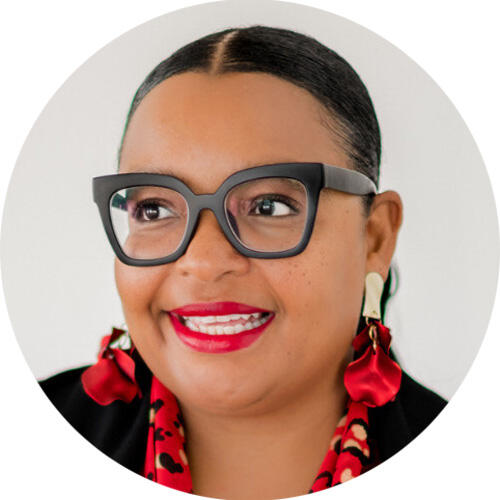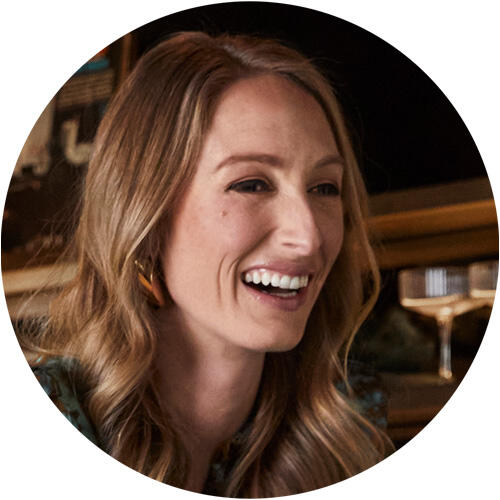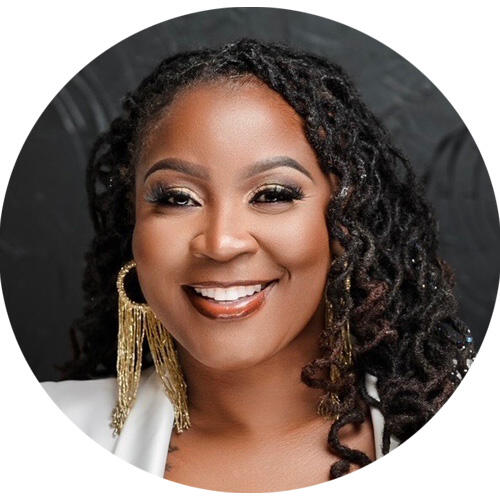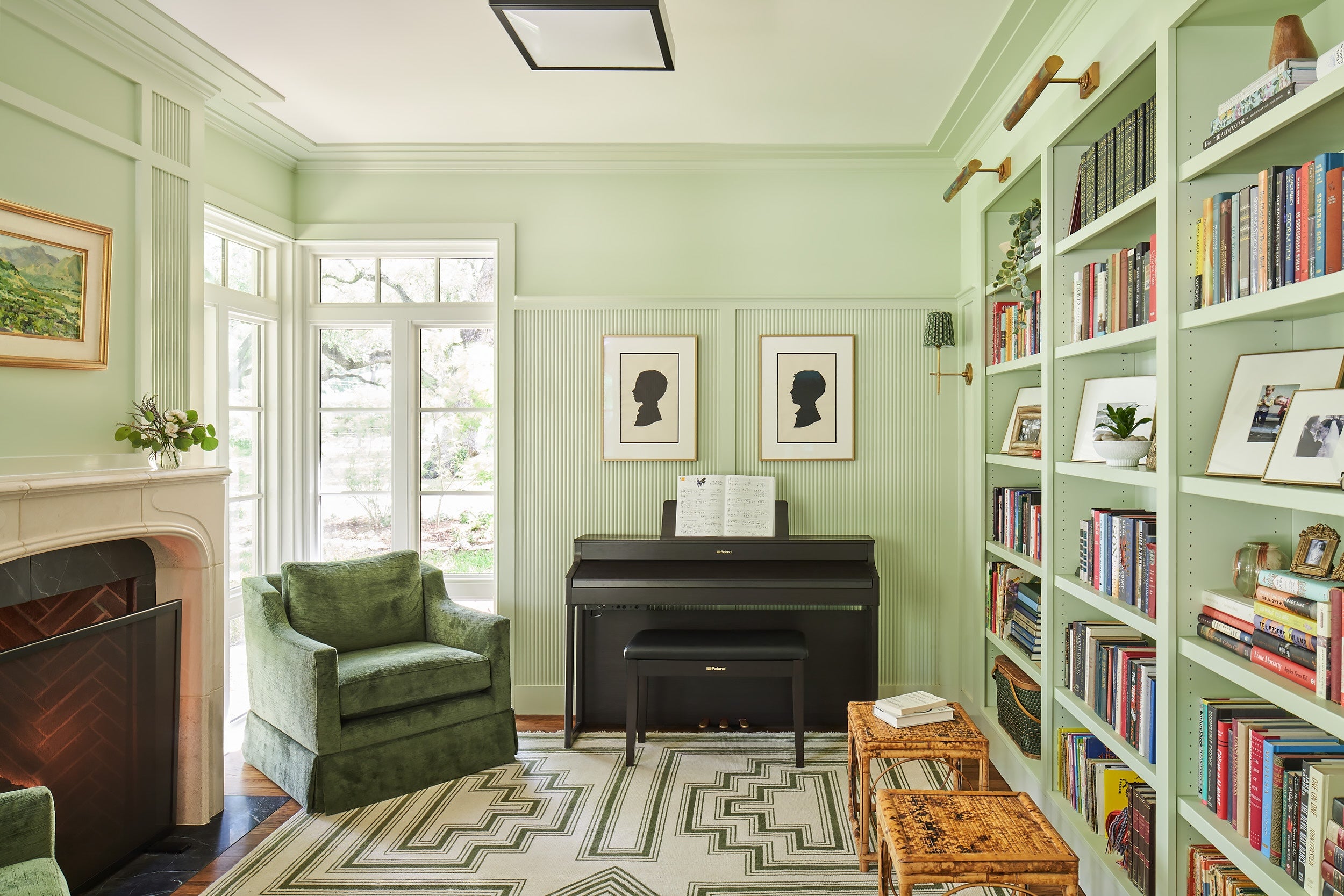Interior designers come from all sorts of educational and professional backgrounds before beginning their design path. This week, we asked five designers—Gonzalo Bueno, Lyndsey Gauthier, Denean Jackson, Alana Marie and Nayoka Simone—whether they think going to school for design is essential for a successful career.

Multiple Ways to Success
“Although I’m an advocate for education, I didn’t take the traditional route into interior design—I do not have a formal design education. I’m proud to say that I’m self-taught, and our firm has accomplished so much in the past seven years. I believe [the educational path you take is] a personal preference, as well as dependent on where you are in life. For me, design is my second career, and I’ve been a business owner for over a decade. I took my business experience, combined it with my passion and natural talent for design, and decided to go for it. Formal education can be valuable, but it’s not the only path to success in this industry.” —Denean Jackson, D.Nicole Design Studio, Charlotte

Build Your Foundation
“Tricky question … Is it necessary? No. Is it helpful? Absolutely! I find that my colleagues and employees with formal design education tend to be more self-sufficient in tackling tasks. It’s likely due to having a foundational understanding of the design process and knowing that even without a perfect answer, they can still move forward in the right direction. Where education doesn’t make as much difference, though, is in style. You either have it, or you don’t—and that’s something that’s very hard to teach.” —Alana Marie, Alana Marie Interiors, Los Angeles

Choose Your Own Adventure
“My answer, shaped by my own journey, is both yes and no. I started my career in interior design without formal education or even traditional experience. With a simple leap of faith, I entered the industry fueled by passion and determination. My degree is in business administration, but I was eager to learn, grow, and make an impact in people’s lives through their homes. Without a traditional education, I learned on the job, building my expertise through real-life projects, feedback from clients, and a network of mentors and peers. While formal education offers structure and foundational knowledge, experience has taught me things that a classroom couldn’t. I’ve developed my own style, learned the intricacies of client relationships and gained insights into managing a business—all skills I had to pick up on the go. A formal education can provide the basics of design theory, color theory and spatial planning, which are crucial for any designer. For some, it can also lend credibility, especially when starting out. If someone has the resources and opportunity to study design, it can certainly accelerate their learning curve. However, it’s not the only path to success. For those considering a career in interior design, I would say that passion, resilience and a commitment to learning are just as vital as formal education. In my own experience, the ability to adapt, keep up with trends and maintain strong client relationships has driven my success more than any diploma could. Interior design is about understanding people, spaces and the emotions a well-designed room can evoke. That’s something you develop with hands-on experience and a deep love for the craft.” —Nayoka Simone, NyRai Interior Designs, Upper Marlboro, Maryland

Set Up for Success
“I believe a formal education is important in design for multiple reasons. Learning the basics and more sets one up for a successful future and smooth transition into the professional world. Design principles, codes, presentation formatting, materials and sources are a few important skills for breaking into the design industry. School projects provide the training of thinking through the design process as well as building a strong portfolio, which is needed for job interviews. A strong foundation is important, as well as continued education.” —Lyndsey Gauthier, CG&S, Austin

Natural Talent
“I do think a formal education is necessary to be able to better understand scale, time periods, proportions and such. But the most valuable tool is the good taste and talent to put it all together and, most often, this does not come from an educational background.” —Gonzalo Bueno, Ten Plus Three, Dallas





























